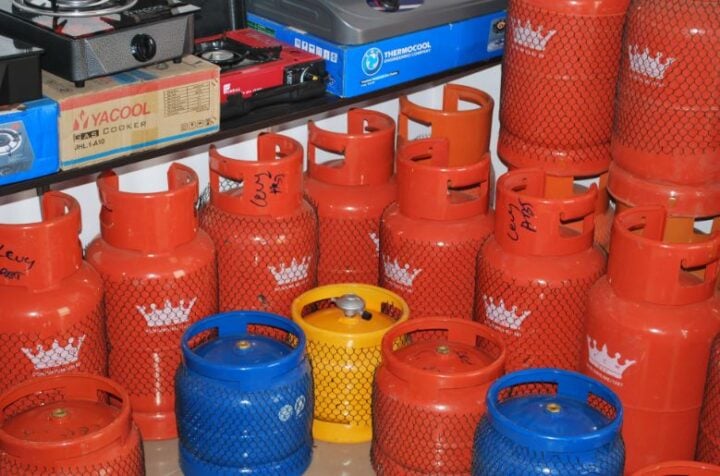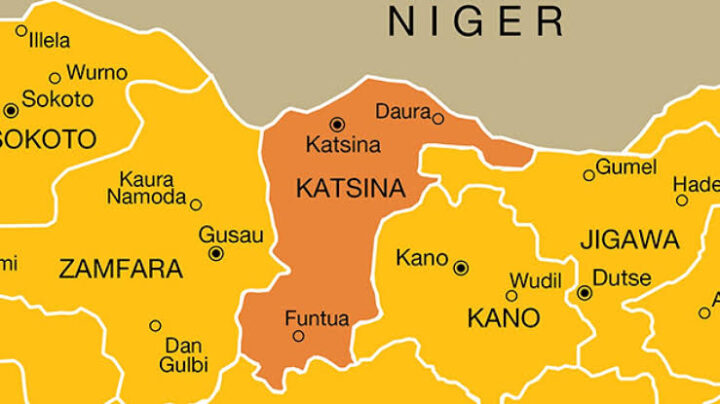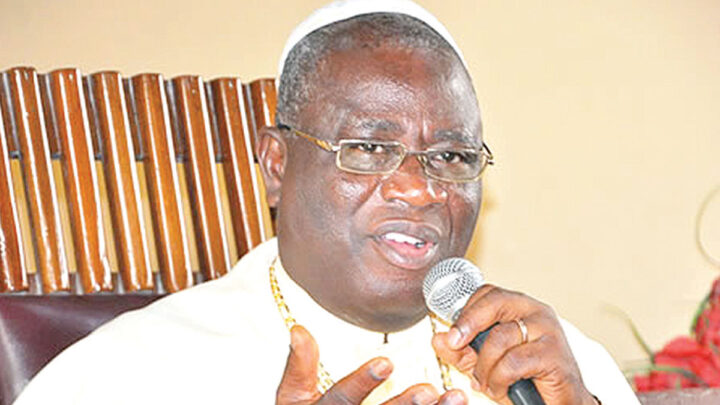The Nigerian Association of Liquefied Petroleum Gas Marketers (NALPGAM) says naira devaluation and huge supply gap caused the surge in cooking gas prices.
According to the national bureau of statistics, the average price for refilling a 5kg cylinder of cooking gas increased by 0.56 percent from N2,057.71 in March 2021 to N2,069.21 in April 2021.
Bassey Essien, executive secretary of NALPGAM, stated this in an interview with the News Agency of Nigeria on Thursday.
He said Nigerians consumed over one million metric tonnes of liquefied petroleum gas in 2020, with only about 40 per cent supplied by the Nigerian Liquefied Natural Gas Company (NLNG).
Advertisement
“At the end of the day, this increment translates to the ordinary consumers because the people selling the product have to make a profit,” he said.
“We think the way forward is for government to direct all local gas producers to send the product first to the domestic market to meet the local demand. That is what we call the full domestication of every molecule of gas produced in Nigeria.
“If we are able to do this, we won’t be having this problem, and more Nigerians will be encouraged to embrace using gas in their homes.”
Advertisement
Essien also said the association plans to distribute 5,000 6kg cylinders with burners to Nigerians free of charge before the end of the year to deepen gas penetration in the country.
He said it is also in line with the ‘Decade of Gas Development initiative’ of the federal government.
Essien said that unclean cooking energy causes adverse effects on the climate and accounts for respiratory tract diseases and deaths, particularly among women and children.
“In the past few years, we have distributed over 10,000 free cylinders to Nigerians. However, in 2020, almost every business was shut down due to the COVID-19 pandemic, and we had to hold on a bit to see what was going on,” he said.
Advertisement
“For this year, we intend to continue the programme, and we are looking at close to 5,000 cylinders.
“We have done it in Lagos and other places before, so, for now, we are looking at going towards the eastern part such as the suburbs of Enugu or Anambra states. We have not finalised the plan, but we are working towards it.”
Add a comment






